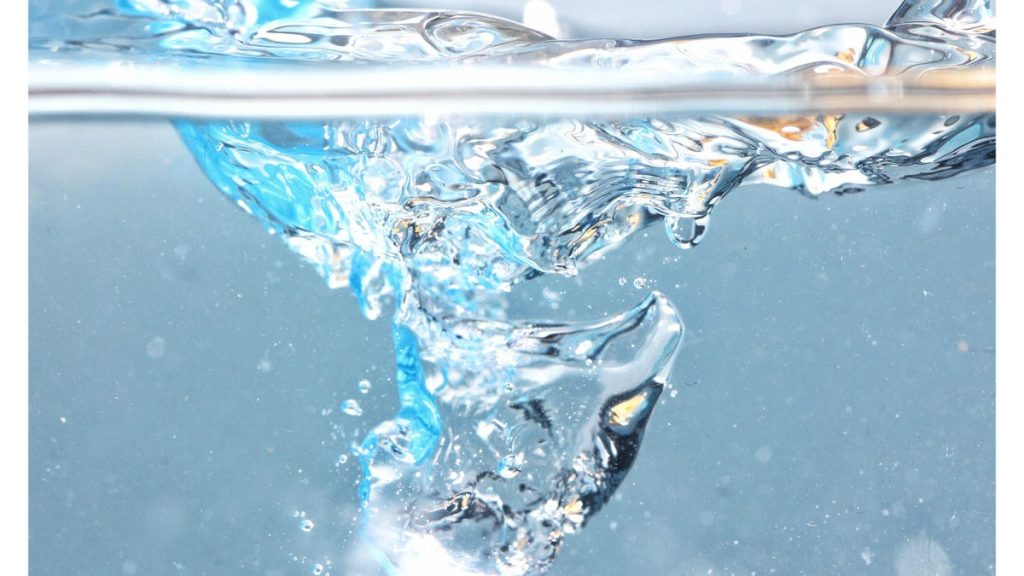Staying hydrated is essential to maintaining good health and preventing various health issues such as fatigue, high blood pressure, and irregular heart rate. While the old adage of drinking eight glasses of water per day is well-known, it lacks scientific evidence to support its validity. There is no formal recommendation for how much water people should drink each day, as everyone’s hydration needs vary. The general guideline for an “adequate intake” of water is around 125 ounces for men and 91 ounces for women, but this can change based on individual factors.
Factors that can influence a person’s need for water include physical activity levels, environmental conditions, pregnancy, and breastfeeding. Those with active jobs, who exercise frequently, live in hot climates, or are pregnant or breastfeeding may require more water to stay properly hydrated. In addition, there are various rules of thumb that people use to help them stay hydrated, such as drinking when thirsty, drinking before and between meals, drinking eight glasses a day, or drinking half of their body weight in ounces. Experimenting with different hydration techniques can help individuals determine what works best for them.
It’s important to pay attention to your body’s signals and adjust your water intake accordingly. If you’re experiencing symptoms of dehydration, such as chronic fatigue, headaches, or dark urine, you may need to increase your water intake. On the other hand, if you find yourself excessively urinating or experiencing clear urine, you may be drinking too much water. Monitoring the color of your urine can serve as a simple indicator of your hydration level. Ultimately, finding the right balance of water intake that works for your body is key to maintaining optimal health and well-being. Follow the guidelines provided in this article to ensure you stay properly hydrated and avoid dehydration-related health issues.












